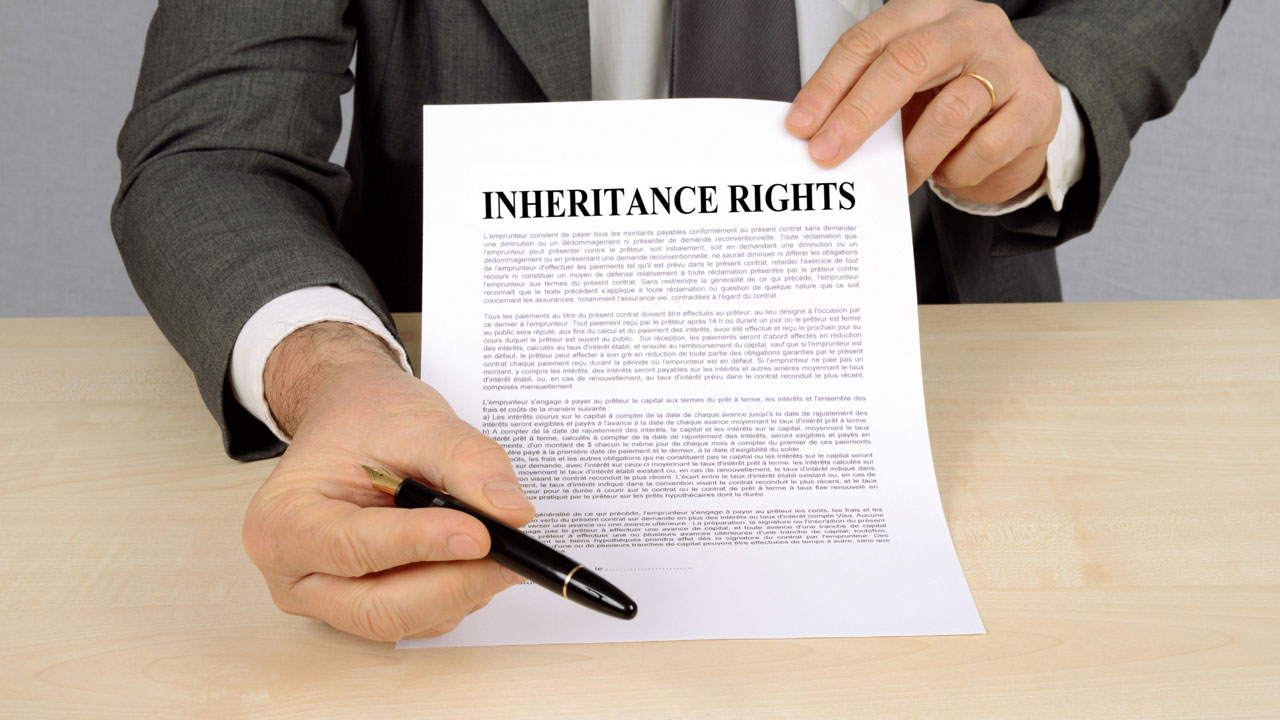Estate Planning and Divorce in California
There’s a common saying that getting a divorce is the second most stressful thing a person goes through, second only to getting married.
The reality is that many couples find that they are no longer a good match and decide to terminate the marriage. The supposed number one reason relationships end is due to finances. As stressful as the divorce process is, it’s only exacerbated by the stress of not knowing what will happen to your estate. Other than a divorce lawyer, an Orange County estate planning lawyer is the most critical legal consultation you’ll need.
Since divorce proceedings can be somewhat complicated, here is what you should expect:
Five Steps to Divorce Proceedings
1.Someone decides they want the marriage to end. The person starting the divorce proceedings, known as the petitioner, comes to the conclusion that the relationship is no longer working. This could be something that builds up over time or a decision made in reaction to a single event.
Ideally, the couple discusses the situation and works out some kind of agreement about the terms of the divorce. The non-petitioner is known as the respondent.
2. The petitioner completes the required forms and files them in court. Someone who is not involved in the case and is of legal age delivers copies of the forms to the respondent. A divorce is not a one-sided event, so both parties need to be informed and have time to prepare for it. The respondent then fills out the necessary forms, and someone else serves copies to the petitioner.
3. Both parties of the divorce exchange financial documents that share their assets and debts with each other. This preliminary declaration of disclosure is used to find a fair way to splint things between the couple.
4. A court must approve and sign a judgment. The process to reach this judgment depends on how the petition and respondent work together. If they can reach an agreement together, the court’s approval can be reasonably straightforward. If both parties have disagreements, a judge may have to listen to both sides and make a decision. Finances and the custody of children tend to be the most significant areas of conflict for most divorcing couples.
5. Once the court approves and signs the judgment, the agreement goes into practice. The couple is now divorced. Each step of this process can be complicated and stressful, so it’s much more difficult in practice than it sounds.
Why An Orange County Estate Planning Attorney Should Be Part of Your Divorce
While it might seem like there is enough on your plate with the divorce proceedings, you can’t afford to not consult with an estate planning lawyer in Orange County. You may have created an estate plan with your now ex-spouse, or you might be starting from scratch. Regardless, you need to take care of this right away.
From start to finish, a divorce can span months. During that time, you want to meet any legal obligations that you have to your partner without losing control over your life and assets. There are a series of steps that you should take to ensure that you stay in control:
Update Your Healthcare Power of Attorney
Chances are, your spouse is listed as your health care proxy in your estate plan. If you don’t have an estate plan, state law may designate that person as your proxy by default. If you are in an accident and end up incapacitated, you might not want your soon-to-be-ex stepping in to make decisions on your behalf. You can name a friend or family member to take over this role.
Update Power of Attorney
If you created a durable power of attorney while you were married, your spouse has legal access to all of your accounts and assets. This even includes items that are in your name only. If your separation and divorce doesn’t happen on friendly terms, you definitely don’t want your ex to have access to relevant accounts. Even if you don’t want to name someone else as your POA, you should definitely revoke your current spouse from that role.
Update Your Will & Trusts
If you have a will in place, your spouse is probably named as the executor. This position plays a significant role in what happens to your assets and estate. Replace your will with the necessary updates, including naming a guardian for your minor children. If something happens to you, your spouse will most likely gain full custody. You can, however, name an alternative in case something happens to your spouse first or at the same time that it happens to you.
Examine Your Pre/Postnuptial Agreements
If you signed a prenuptial agreement, it will guide a great deal of the divorce proceedings. There may be clauses that determine what happens to your estate and your ex-spouse after your death. Make sure that your new estate plan is consistent with your prenuptial agreement.
Decide How Your Ex-Spouse Plays into Your Estate Plan
State laws often make it so you can’t completely write off your ex after your death. Some people will only include the state’s minimum in their will. Other people purposefully write their ex out of the will, thus forcing the ex to contest the will and fight for any kind of inheritance.
You should also consider if and how you want to deal with your ex’s family. You may still want to leave close family members something in your will or write everyone out as aggressively as you can.
Revisit Your Estate Plan After the Divorce is Finalized
During the divorce process, estate plans are often temporary. Once the divorce is finalized, you have more time to consider options. You’ll want to update areas of your plan after knowing how the divorce ended. You especially want to make sure to check and double-check any and all beneficiaries.
Contact an Orange County Estate Planning Attorney Before It’s Too Late
Divorce proceedings on their own can be extremely complicated and stressful. Instead of adding to that stress by not having the proper estate plan in place, set up a consultation with a lawyer straight away. Not taking action could easily mean giving up control of your assets, property, and cash. With everything else going on, you don’t want to try and manage everything on your own.
Call for a consultation today and see how an estate planning attorney in Orange County can help you reduce the stress involved with your divorce.











